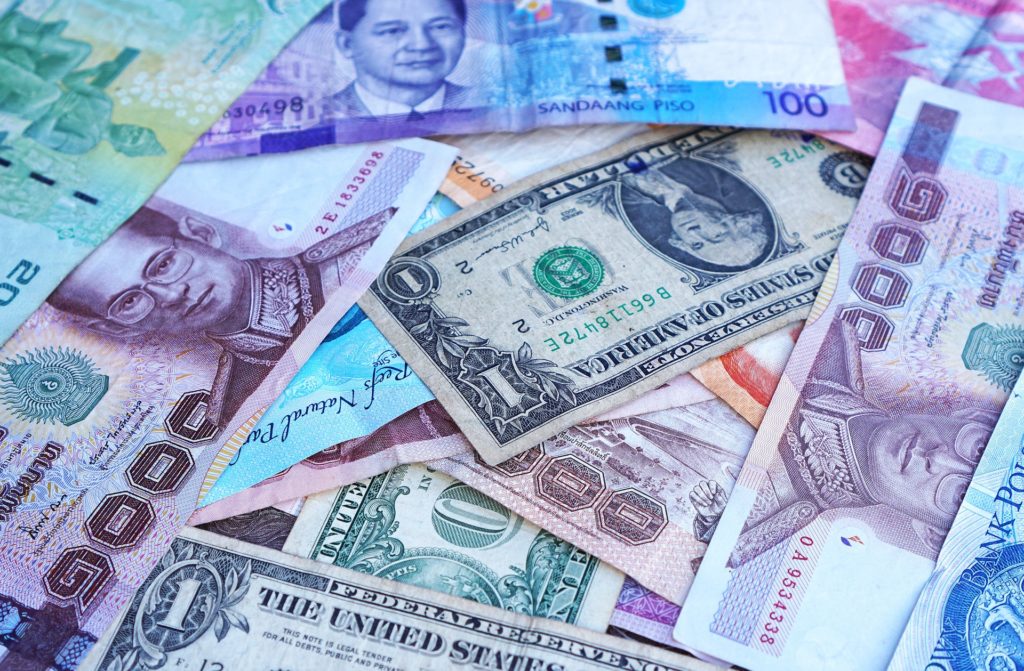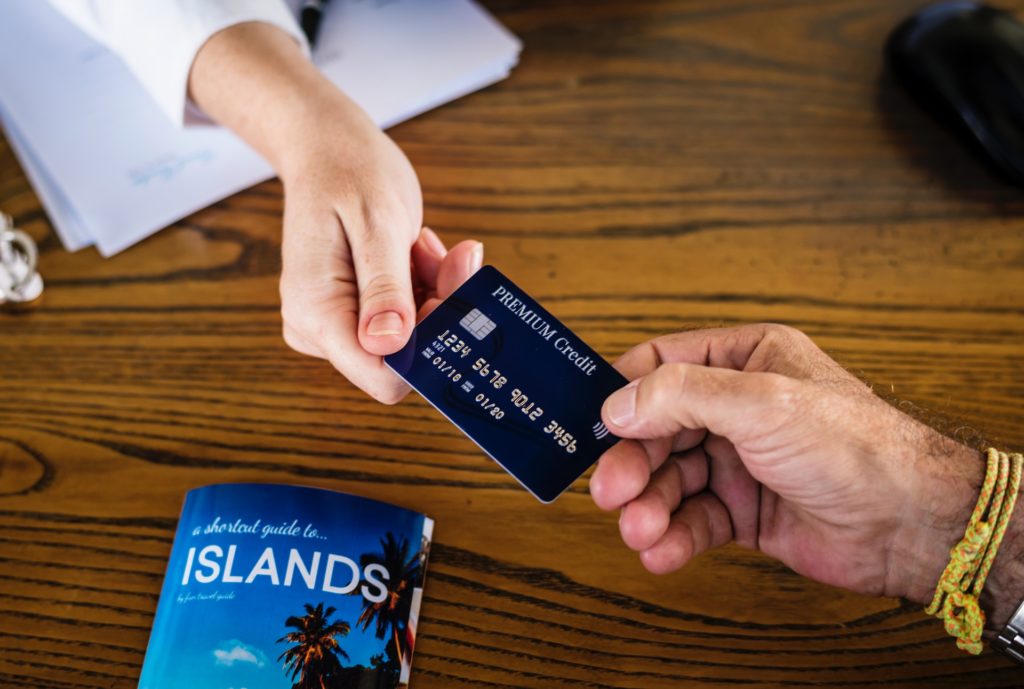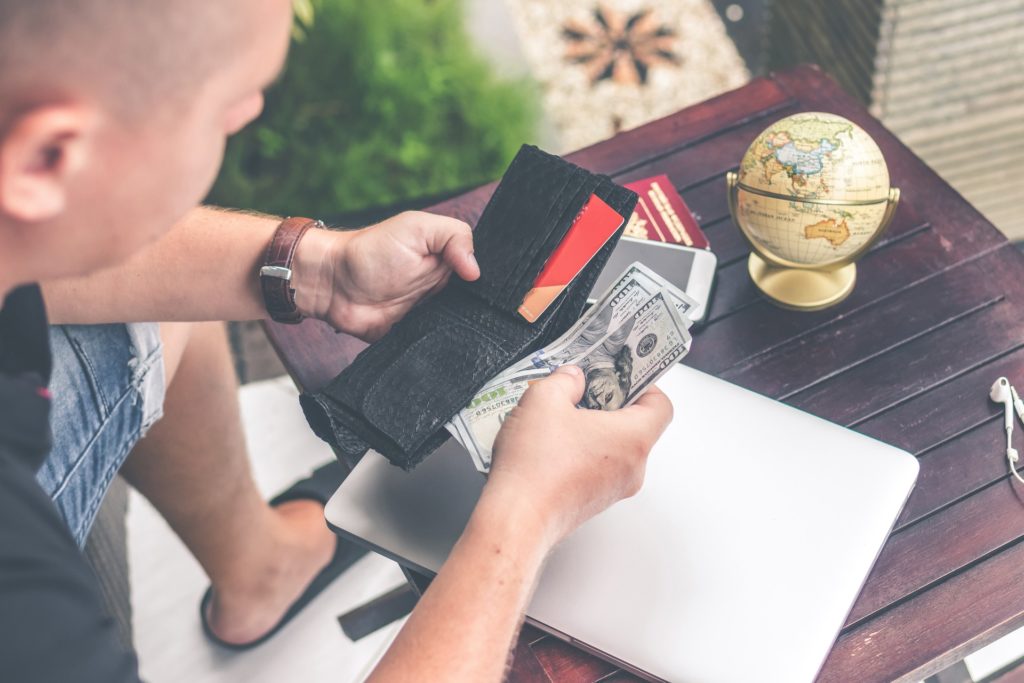Travel Preparation: 8 Financial To-Dos Before Going on a Trip Abroad

We can all agree that traveling abroad comes with a steep price tag. That is why saving up a huge amount of money is a top financial priority when globetrotting. However, most travelers forget a couple of money moves that are as equally important, like ensuring you’re not going to waste money on foreign transaction fees.
If you’re anticipating a trip overseas, here are 8 smart financial moves you should do beforehand.
1. Educate yourself about the cost of living

Let’s suppose you have 10 US dollars. That could land you a decent bowl of authentic ramen in Tokyo, Japan, a fast-food combo meal for one in Paris, France, or a budget dinner near a Parramatta accommodation in Sydney, Australia. That same amount, however, could feed a family of four in other countries.
Knowing the prices of food, transportation, hotel accommodation costs, and other expenses you’ll be faced with is critical to planning how to stretch your dollar. Review your destination’s currency and cost of living at least 4 weeks before your departure, and know whether your currency is strong or not.
2. Know more about the exchange rates
You need to familiarize yourself with the exchange rates and rules prior to leaving home.
If you’re coming from the U.S. to Australia, make sure you’re not confused with the difference of the US dollar and Australian dollar. If you’re traveling to Europe, you may be surprised that not all countries take the euro.
If you didn’t do your research, you may resort to buying currency on your arrival or comply with their strict rules on what they’ll accept.
3. Exchange currency ahead of time – not at the airport

Once you land onto your destination, you’ll surely want to get to your hotel ASAP and have some local cash ready to pay for a taxi or bus fare. That said, having some of the local currency prior to arriving at your destination is one smart move.
Converting currency at the airport, however, is not. Next, to long lines and further delays, you’re less likely to get a good exchange rate here.
Before leaving your hometown, make sure to have some of your money converted to international currency already. Compare rates among legitimate money changing kiosks, banks, and credit unions, and find the best deal.
4. Choose travel-friendly credit cards

Don’t you just hate paying extra fees which could’ve been spent on a good deal?
If you’re traveling, you may be required to pay foreign transaction fees, a.k.a. the charges levied on credit card purchases made abroad. They’re normally around 2-4% of your purchases. Such pointless costs put a dent on your wallet over time, especially if you’re making big payments for hotel accommodation, tours, and dinners on your trip.
Fortunately, you can skip such fees by signing up for a credit card that doesn’t charge foreign transaction fees.
5. Find out how much it’ll cost to use your ATM card abroad
If you didn’t have the time to exchange currency, you have another option: wait until you arrive and get local currency out of the ATM. However, make sure you’re aware of the fees you’ll be charged for making a foreign transaction.
If you travel often, consider opening a bank account that provides ATM usage with little to no fees. You can get a debit card that doesn’t charge foreign transaction fees or one that doesn’t charge fees for using ATMs from other banks.
6. Set up automatic payments for bills

Will you be gone for a long amount of time? What would happen to your fixed financial responsibilities, like credit card payments, car loans, mortgages, insurance premiums, and utilities? Think about setting up automatic payments.
Before leaving, do a quick assessment of all the direct deposits and automatic withdrawals that will take place while you’re gone. Ensure your account balance doesn’t go negative. Taking this step will help you prevent late charges and suspended services should your bill comes due.
7. Let your bank know about your travel plans
Before traveling abroad, decide which debit and credit cards you’ll be using and make sure to notify your bank about your travel. Let your bank know where you’re going and how long you’ll be gone.
This way, the charges, and withdrawals you make while you’re out of the country won’t be identified as suspicious. The last thing you want is for them to freeze your account since they think your cards are on a thief’s hand.
9. Ensure you’re insured
Unfortunate events, like getting injured and robbed abroad, are inevitable. Travel insurance offers you peace of mind when you travel abroad – it covers anything from medical expenses and theft of belongings, to travel inconveniences like canceled trips.
If you have existing insurance, you may also review its policies before taking off to see what’s covered in case of an emergency.
Author Bio: Mina Natividad is a lifestyle writer for Holiday Inn Parramatta Hotel, a green and family-friendly hotel, delivering top-class Parramatta accommodation in the heart of Western Sydney.Writing articles about travel, food, and lifestyle is one thing she finds enjoyable, next to petting her cat.
